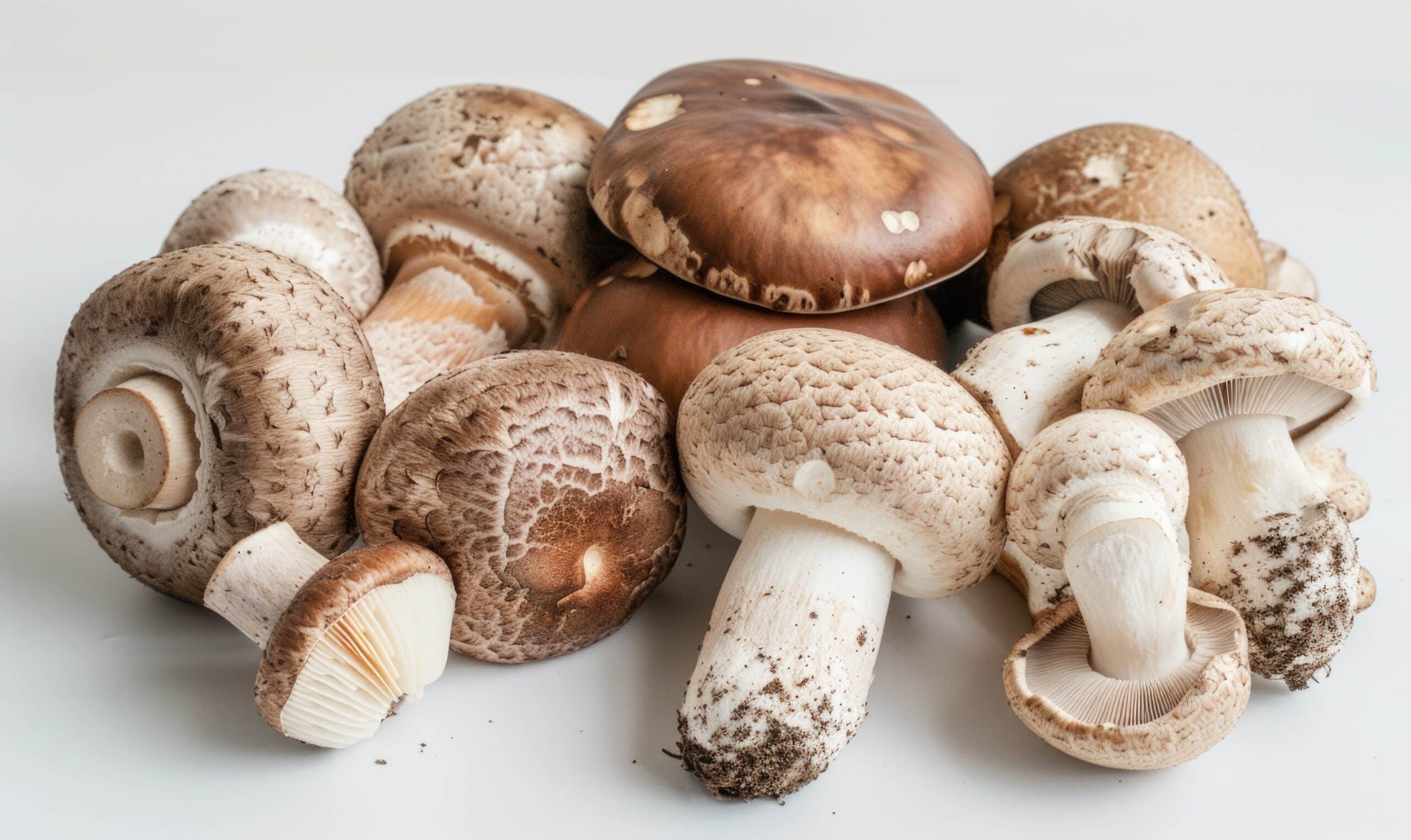What Triggers Mushroom Growth in Garden Soil?
Key Takeaways
- Decaying organic matter is a primary trigger for mushroom growth in garden soil.
- The optimal temperature range for mushroom growth is between 7°C and 24°C (45°F to 75°F).
- High humidity levels, around 80% to 90%, are important for triggering mushroom growth.
If you’ve ever noticed mushrooms sprouting up in your garden soil, you may wonder what causes their sudden appearance. Mushrooms are the fruiting bodies of fungi, and their growth is influenced by several factors. In this article, we will explore the triggers that lead to mushroom growth in garden soil, providing you with a deeper understanding of this natural phenomenon.
Decaying Organic Matter
One of the primary factors that trigger mushroom growth in garden soil is the presence of decaying organic matter. This can include wood chips, straw, leaves, and even manure. Fungi thrive on decomposing materials as they break down complex organic compounds into simpler forms that can be absorbed and utilized as nutrients. If your soil contains a significant amount of decaying organic matter, it creates an ideal environment for mushrooms to emerge.
Optimal Temperature
Temperature plays a crucial role in mushroom growth. The ideal temperature range for mushroom development in garden soil is between 7°C and 24°C (45°F to 75°F). These moderate temperature conditions provide an optimal environment for fungi to thrive and produce mushrooms. If the temperature falls outside this range, mushroom growth may be hindered or non-existent.
Humidity Levels
High humidity levels are another important factor that triggers mushroom growth. Fungi require moisture to grow and reproduce, and humidity levels of around 80% to 90% provide the necessary moisture for mushroom formation. In areas with dry climates or low humidity, mushroom growth is less likely to occur. However, in environments with consistent moisture levels, mushrooms may flourish.
Soil pH
The acidity or alkalinity of the soil, known as pH, also influences mushroom growth. Although specific preferences can vary among different mushroom species, most fungi thrive in slightly acidic soil conditions. A soil pH range of 6 to 7 is generally considered favorable for mushroom growth. It’s important to note that extreme pH levels, either highly acidic or highly alkaline, can inhibit mushroom development.
Light Conditions
Contrary to popular belief, mushrooms do not require sunlight to grow. In fact, they prefer shaded or dappled light conditions. This is because mushrooms derive their energy from organic matter decomposition rather than photosynthesis. Areas in your garden that receive less direct sunlight or are shaded by trees or structures may provide an ideal habitat for mushroom growth.
Conclusion
The presence of mushrooms in garden soil indicates that the conditions for fungal growth are favorable. Factors such as the presence of decaying organic matter, optimal temperature, high humidity levels, slightly acidic soil pH, and shaded or dappled light conditions contribute to mushroom development. Understanding these triggers can help you create an environment that either encourages or prevents mushroom growth based on your gardening preferences.
Related Websites:
FAQs:
Q: What are the benefits of understanding mushroom growth in garden soil?
Understanding mushroom growth in garden soil allows you to create a balanced ecosystem, cultivate desired mushrooms, and prevent unwanted growth. It also helps in maintaining proper moisture and nutrient levels in the soil.
Q: Why is organic matter important for mushroom growth?
Organic matter in soil composition provides essential nutrients for mushroom growth. It acts as a food source for mushrooms and supports their development.
Q: What role does temperature play in mushroom growth?
Mushrooms require a specific temperature range for growth. Understanding and maintaining the right temperature is crucial for successful mushroom fruiting.
Q: How can I prevent unwanted mushroom growth in my garden?
To prevent unwanted mushroom growth, maintain a balanced ecosystem by removing decaying organic matter and ensuring proper drainage. Regularly monitor and adjust moisture levels to discourage mushroom growth in unwanted areas.
Q: What are the benefits of cultivating mushrooms in controlled environments?
Cultivating mushrooms in controlled environments allows for precise control over factors like temperature, moisture, and light. This leads to higher yields, better quality mushrooms, and reduces the risk of contamination.






